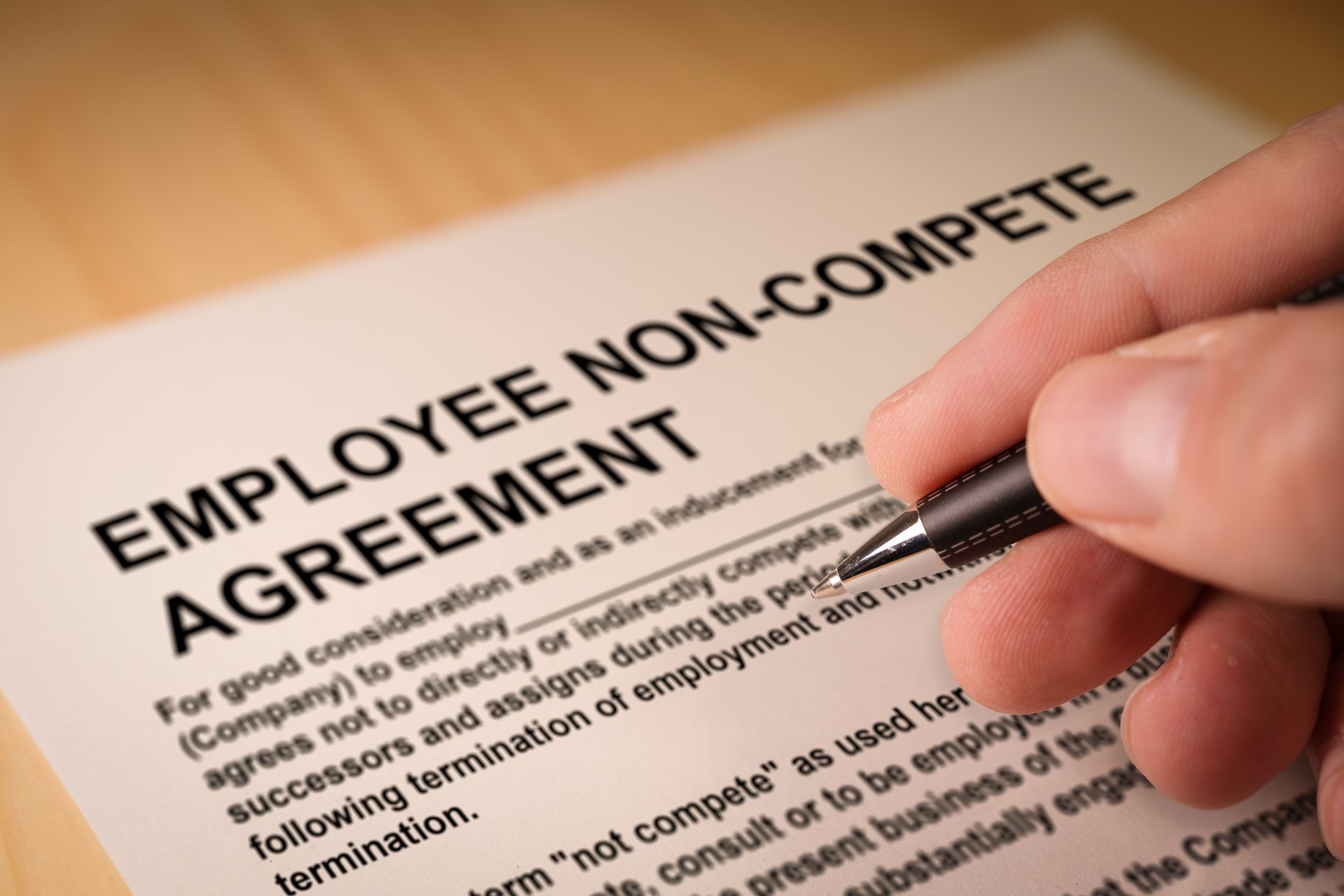
Guardianship is intended to protect the most vulnerable adults who, due to disability, illness, or age-related cognitive decline, cannot make decisions on their own. But when the system lacks oversight or accountability, even a protective arrangement can lead to harm. Recent reforms in Minnesota’s guardianship laws mark a meaningful shift toward greater transparency and accountability in how guardians care for those under their supervision.
The End of Blanket Immunity for Guardians
One of the most significant updates to Minnesota’s guardianship law is the elimination of blanket immunity for guardians. Before this change, guardians had broad immunity from civil liability, even in cases where their actions may have been seriously flawed. While the goal of immunity laws was to allow guardians to do their jobs without fear of frivolous lawsuits, the unintended result was a system that sometimes shielded bad behavior from meaningful consequences.
As of August 1, 2024, guardians in Minnesota are no longer fully shielded from legal accountability. The law now distinguishes between ordinary mistakes and more serious misconduct. Guardians still receive qualified immunity for actions made in good faith or involving ordinary negligence. However, they can now be sued for damages in cases involving:
- Reckless or willful misconduct
- Gross negligence
- Intentional harm or abuse
This reform provides vulnerable adults and their families with a legal pathway to seek justice if a guardian acts inappropriately, while still protecting well-intentioned guardians from being punished for minor errors. It strikes a more balanced approach as guardians can no longer operate without consequence, yet they’re still allowed reasonable leeway in difficult and often emotional decision-making situations.
The Guardian and Conservator Complaint Program
Minnesota offers a formal process for reporting concerns about guardians or conservators through the state’s Guardian and Conservator Complaint Program (GCCP). Any interested person, including family members, social workers, or the protected person themselves, can submit a complaint if they believe a guardian or conservator is violating court orders, mishandling funds, or failing to act in the best interest of the protected person.
Examples of complaints include unsafe living conditions, misuse of assets, denial of communication with family or friends, inadequate medical care, or abuse and neglect. Once a complaint is filed, GCCP staff review it to determine if an investigation is warranted. While the program cannot remove or discipline guardians or conservators directly, it can bring concerns to the court for review and possible action.
Why These Reforms Matter
For individuals under guardianship, life decisions are often out of their hands. Guardians decide where they live, what medical treatments they receive, and how their money is spent. While many guardians act responsibly and compassionately, others may lack the training or accountability necessary to act in someone else’s best interest.
Recent reforms have given Minnesota residents stronger tools to protect their loved ones. By holding guardians accountable for serious misconduct and giving families, friends, and people subject to guardianship a path to report concerns, the law better reflects the balance between protection and personal dignity.
These changes also serve as a reminder that guardianship is not a one-size-fits-all solution. In some cases, limited or supported decision-making arrangements may be more appropriate.
What Families Should Know
If your family is currently navigating a guardianship arrangement, these reforms mean you have more power to protect your loved one. Guardians can be held accountable for abusive or reckless behavior, and complaints are no longer invisible. Families or friends who have concerns about someone who is subject to guardianship should:
- Document interactions with guardians
- Monitor financial and health decisions
- Stay in contact with the protected person
- Contact the court or complaint system if concerns arise
Need Legal Guidance? We Can Connect You With a Minneapolis Elder Law Attorney
Guardianship law is complex, and these recent changes can have significant consequences for families across Minnesota. If you’re involved in a guardianship case, believe a guardian may be acting improperly, or simply want to explore alternatives to guardianship, our referral counselors can connect with a qualified elder law attorney.
Call (612) 752-6699 to speak with one of our referral counselors today, or fill out the form on our website.




